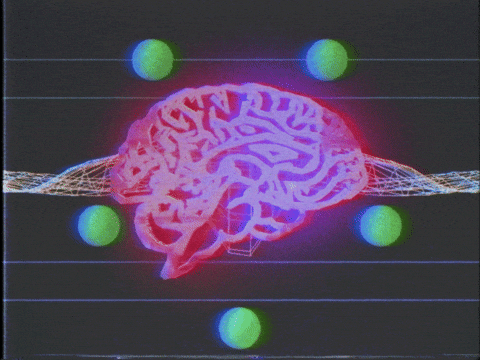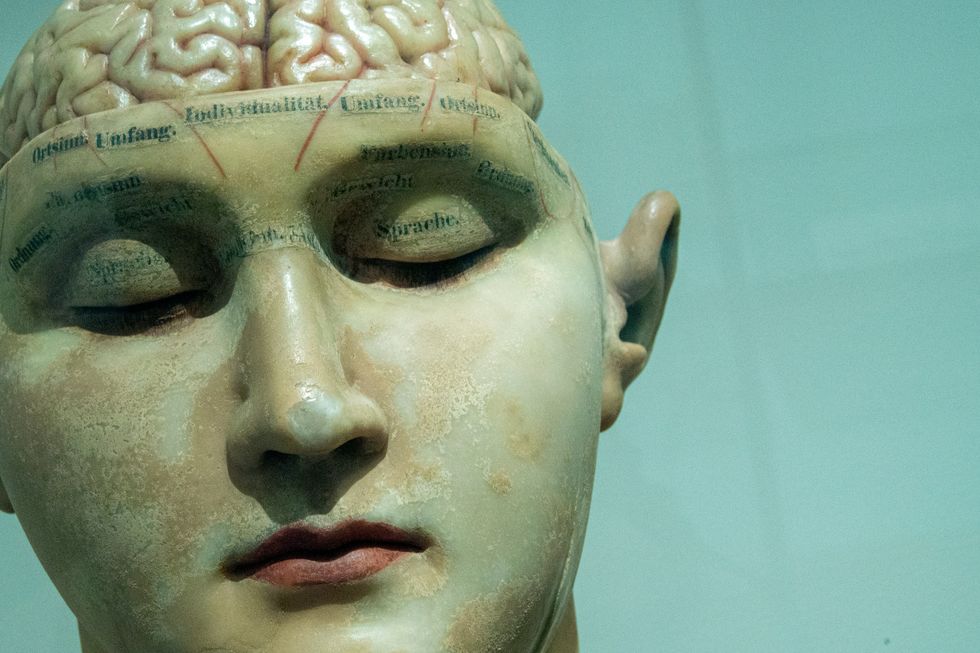There are lots of behaviors I once thought were universal. For example, I recently learned that not everyone has an internal monologue running through their head all day long—a fact that, frankly, I’m still struggling to process. In a recent viral thread, people with autism shared things they thought were "normal" until a neurotypical told them otherwise. It’s an absorbing read top to bottom, with the responses exploring everything from body language to conversational style to following social rules and etiquette.
One of the top comments on r/AskReddit relates to "maladaptive daydreaming," which Cleveland Clinic describes as a "mental health issue that causes a person to lose themselves in complex daydreams," usually as a "coping mechanism for other mental health conditions or circumstances."
"I only just this year learned the term 'maladaptive daydreaming' and I had no idea it was uncommon to space out so thoroughly in one's head as to be completely oblivious to all external sensory input for an hour or longer," one user wrote. Another replied, "This...isn't the norm? What do people do when they're bored or have spare time? If I don't have a book or don't feel like looking at my phone I'm basically playing full production movies in my head."
Someone else wrote they often "rehearse conversations in [their] head before having them—like full-on scripts for every possible response." They were "completely shocked" to learn that most people don’t: "It blew my mind that people just wing social interactions without a mental rehearsal. Still can’t imagine how that works."
Another user said they’re compelled to give people "factually correct information" and didn’t realize until their late 30s that it’s "considered rude by neurotypical people to correct their incorrect beliefs about the world." They added, "If something I believe to be true is wrong then I would like to be corrected, with reliable sources, of course. Who wants to walk around scientifically incorrect information?"
One popular response focused on how verbal tone shapes meaning: "Believing exactly what people say when they say something and being shocked when it turns out they didn't mean it the way they said it and there was something in the WAY they said it that I was supposed to have picked up on."
Elsewhere, someone shared that they have to "consciously them [themselves] to show emotions during conversations," with examples like, "It’s time to smile now," "people are laughing; I need to laugh too," and "remember to look at the person talking." They continued, "For so long I just thought that was how people worked. The fact that it comes natural for most people is still kind of hard to understand."
According to The University of Texas at Dallas, people with autism spectrum disorder (ASD) "often have problems recognizing the emotions of others from physical cues, such as facial expression or body posture." But in a 2015 study published in the Journal of Autism and Developmental Disorders, researchers sought to investigate how those without ASD experience facial expressivity in those with ASD. The report found that adults without ASD "could identify the emotions expressed by high-functioning adults with ASD, but they often rated the expressions as exaggerated and odd."
"Overwhelmingly, most research in autism focuses on impairments in the person’s ability to understand social and emotional information about other people,” said study co-author Dr. Noah Sasson.“Rarely do we think about others having difficulty understanding the emotions and the thought processes of people with autism, but social interaction is a two-way street."

















 Big Brain GIF by Jay Sprogell
Big Brain GIF by Jay Sprogell
 Shake It Off Wet Dog GIF by BuzzFeed
Shake It Off Wet Dog GIF by BuzzFeed
 Working out with friends also makes exercise more enjoyable (and feel quicker).Photo credit: Canva
Working out with friends also makes exercise more enjoyable (and feel quicker).Photo credit: Canva
 People with Imposter Syndrome can't accept their achievements.
Photo by
People with Imposter Syndrome can't accept their achievements.
Photo by  Emotion Feeling GIF by Quilt
Emotion Feeling GIF by Quilt Psychologist - Free of Charge Creative Commons Notepad 1 image
Psychologist - Free of Charge Creative Commons Notepad 1 image
 Human anatomy model.
Photo by
Human anatomy model.
Photo by 
 Socks warm your feet, but cool your core body temperature.Photo credit: Canva
Socks warm your feet, but cool your core body temperature.Photo credit: Canva
 A new t-shirt could open up more hospital beds for patients.Photo credit: Canva
A new t-shirt could open up more hospital beds for patients.Photo credit: Canva Wearable solutions could be revolutionary.Photo credit: Canva
Wearable solutions could be revolutionary.Photo credit: Canva Many wearable tech devices could help you monitor your health.Photo credit: Canva
Many wearable tech devices could help you monitor your health.Photo credit: Canva